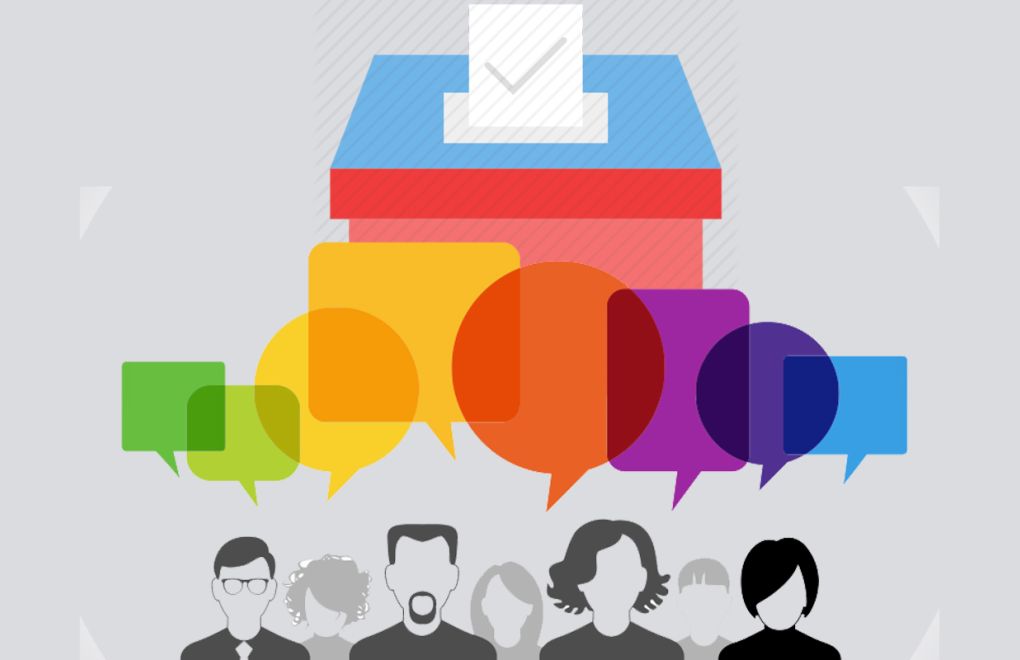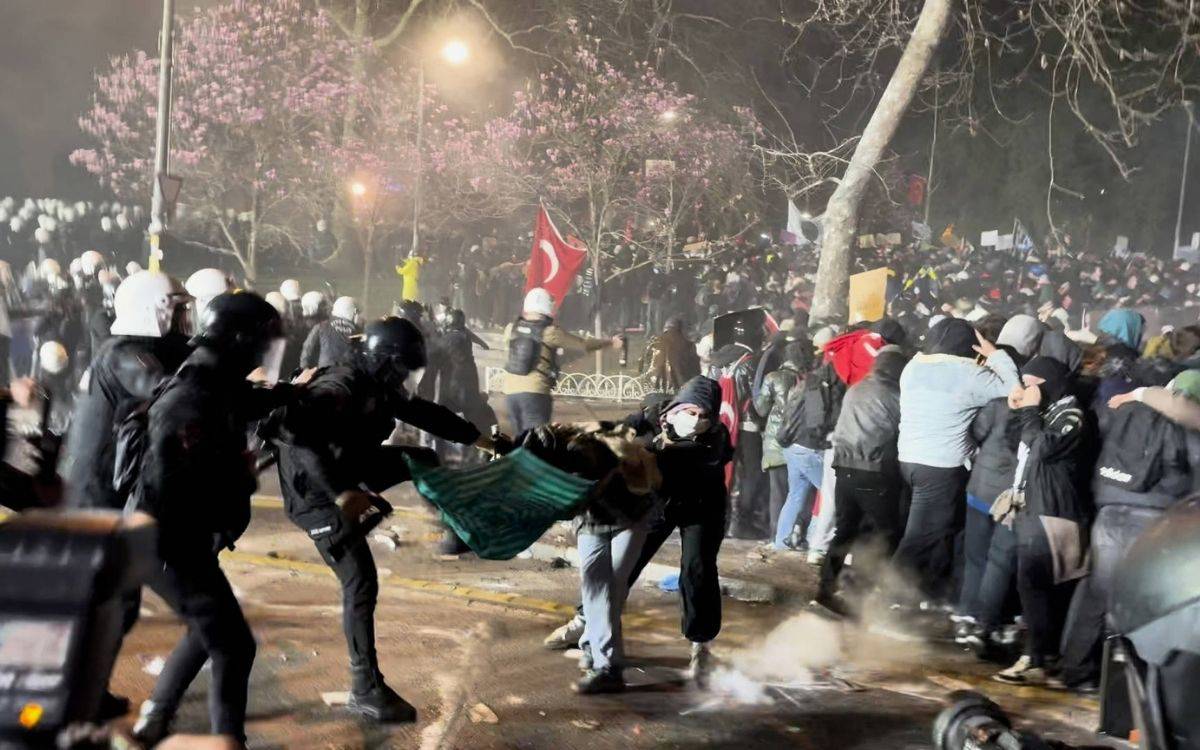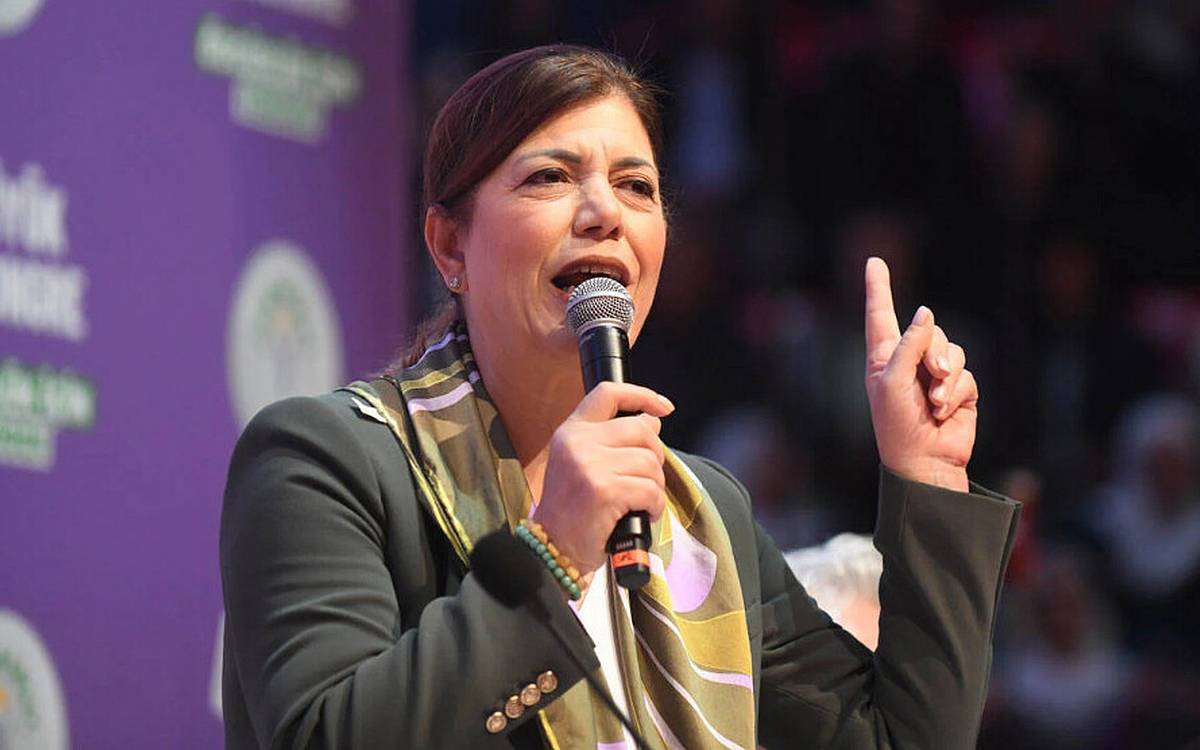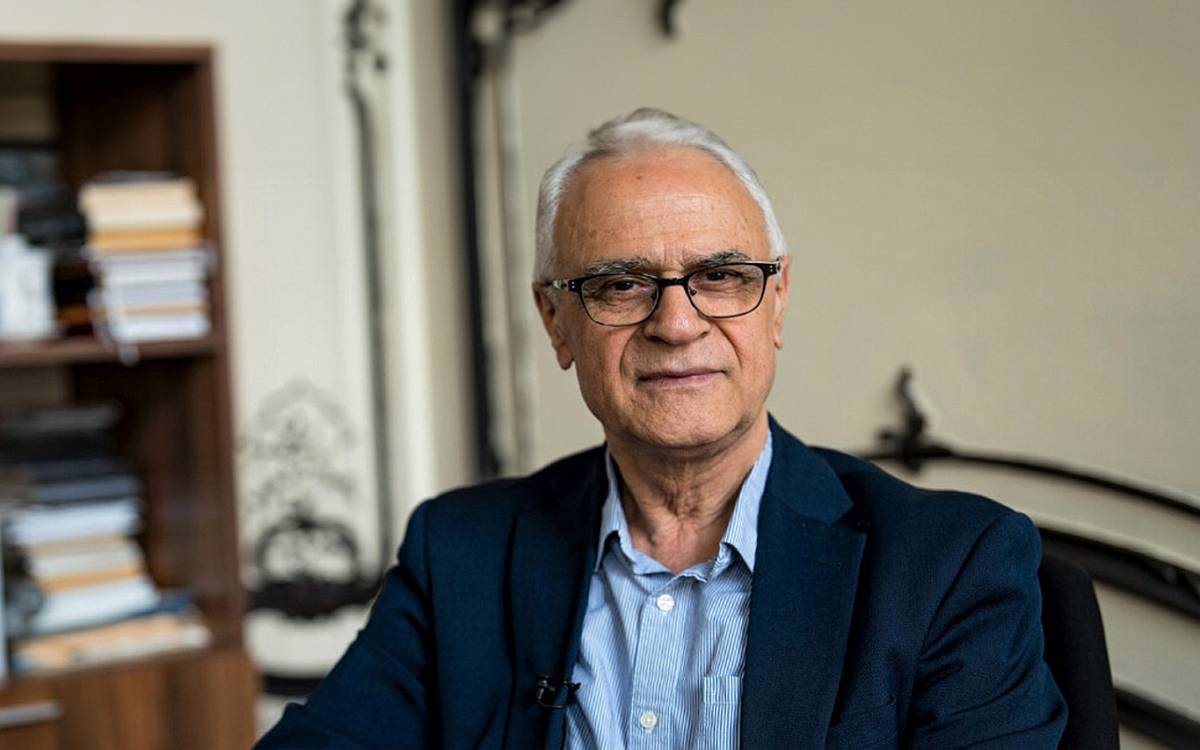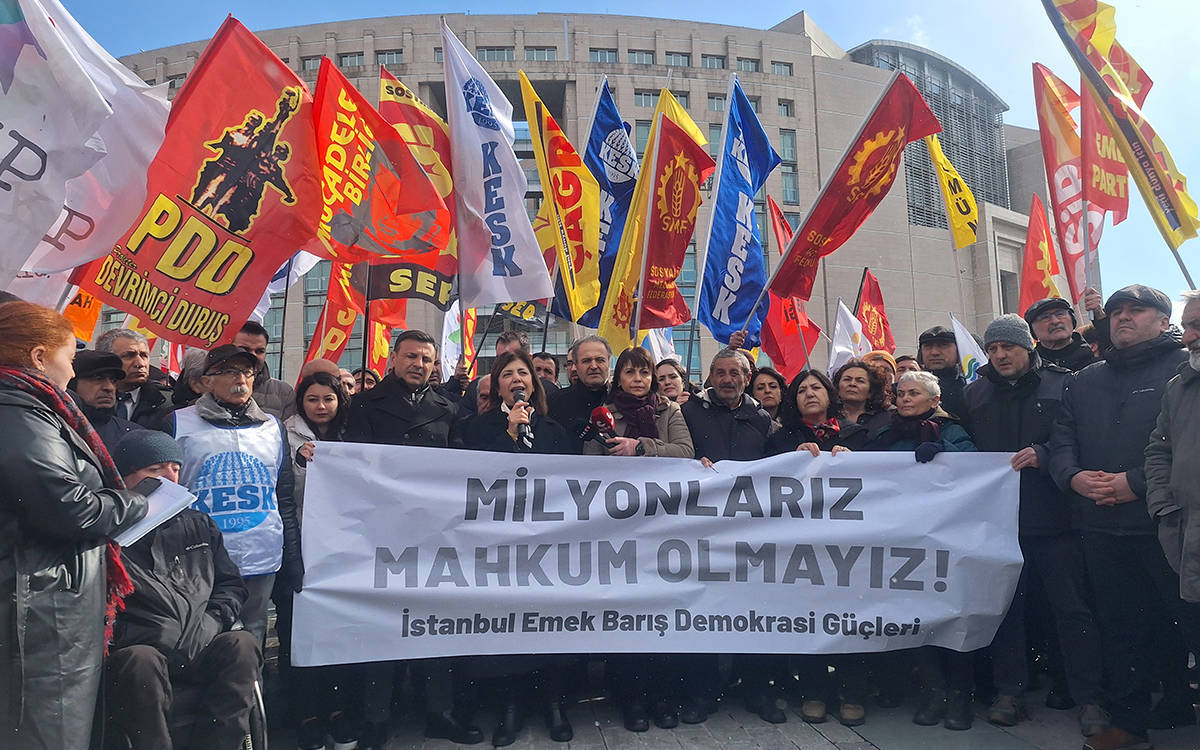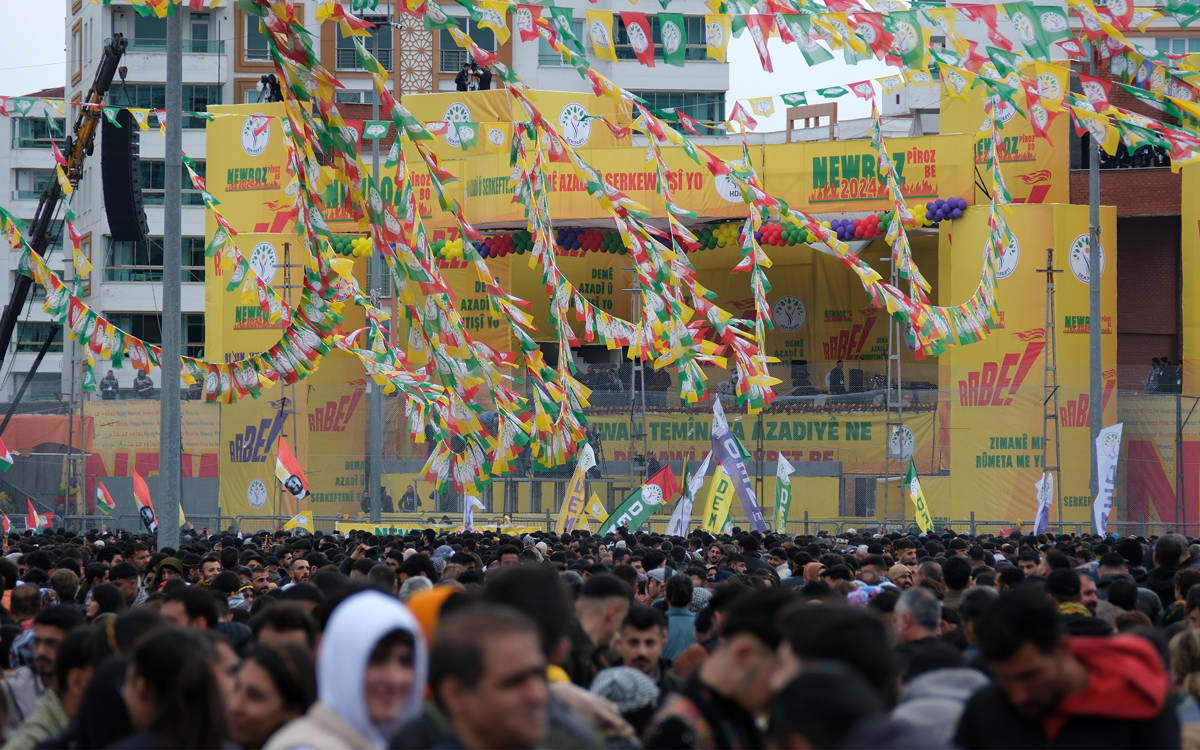* Image: Twitter
Click to read the article in Turkish
The Checks and Balances Network has prepared a report on the ways in which politics and society have changed in Turkey since 2010 and how these changes have affected the citizens' perception of democracy.
Based on face-to-face surveys conducted by KONDA Research with over 250 thousand people over the last 10 years, the "Democracy Demand of Turkey Report" offers a detailed insight into how the society approaches the notions of justice, equality and freedom and what they understand from the concept of citizenship, freedom of expression and association.
The report also elaborates on how citizens view the relations between municipalities and central government, what they expect from political parties and what they think about the ones with different beliefs, origins or identities.
The findings of the research have been analyzed under the chapters of rule of law, judicial independence, equal citizenship, freedom of expression, local governments and freedom of association.
'Trust in the legal system has declined'
According to the report, over half the population think that the courts give judgements based on the person's relation with the government and his or her income.Three out of every 10 people believe that whether the person is Kurdish or not affects the verdict of the court.
The rate of those who think that the gender of the person has an impact on court verdict is gradually increasing over the years.
There is also a marked decrease in the rate of those who think that courts are "places where justice is dispensed." Three out of every 10 people who happen to pass the court say that their trust in the legal system has declined.
Trust in equality in justice shaken
According to the report, at least nine out of every 10 people define justice as the "equality of everyone regardless of their religion, origin, gender, opinion, language and color." But, one out of every five people is of the opinion that "justice is used by the powerful as a means of self justification." A part of society thinks that there is no equality before the judiciary.
'Courts act biased in feminicide cases'
The report has also shown that 39 percent of the society thinks that courts act biased in feminicide cases.
While 67 percent believe that the laws and courts will protect them as long as they do not commit crimes, 20 percent are not of the same opinion.
One out of every three people in Turkey thinks that the law will not protect them if the state or a person representing the state is the faulty party. 41 percent of the society contend that public institutions and officials act against the law. 35 percent do not agree with this view.
The results of the research indicate that a major part of the society do not have the perception that the law approaches persons and institutions equally.
'Minority rights must be protected'
According to the report, two out of every five people think that they are discriminated for different reasons. Similarly, two out of every five people say that they feel themselves as second-class citizens.
Almost the entire society is of the opinion that everyone has to have the right to a fair trial, be able to benefit from public services equally and fairly and have the freedom of cultural identity or living as a community.
However, there is still a segment of society who refers to religion, language, ethnic origin, gender, etc. as the criteria for citizenship.
The rate of those who think that minority rights can be abolished if the majority wants it has been decreasing. While half the society thought so in 2014, this rate fell to 32 percent in 2017, which the report has described as "an important progress in terms of society's democratization."
Trust in traditional media has declined
The report has shown that the trust in traditional media has considerably declined in Turkey in the 2010s. While fewer people now regard newspapers and televisions as news sources, the newspapers and television channels used as news sources has become less diverse.
The rate of those who "absolutely agree" that the media, as required by democracy, need to report on the mistakes of the government and inform the public about them has increased from 31 percent to 68 percent.
However, more people now also believe that newspapers fail to fulfil this duty. In other words, they think that the media cannot fulfill its duty of checks and balances as the fourth estate. While more people turn to social media and the Internet to get news, they think that they cannot access sound and accurate information on these platforms.
Trust in political parties is low
The report has shown that a large part of the society views elections as an indispensable part of democracy. However, one out of every two people does not think that elections are held in a fair and equal environment.
The trust in political parties is very low. Only one out of every six people trusts political parties. The rate of party membership is also very low. Though citizens consider organizational forms apart from elections and political parties to be legit, only a small faction adopts them.
While half the population view methods such as marches, demonstrations and petitions as legitimate, the rate of those who prefer to participate in a political demonstration is hardly 15 percent.
People want to have a say in local governments
While one out of every three people agrees that local governments should have authority in such issues as additional taxes, education in mother languages and use of local resources, one out every three people disagrees. The remaining one third is in between. The report has shown that the Kurdish question lies at the bottom of this abstention.
One out of every three people thinks that people should have a say in the decision-making processes about the neighborhoods and cities where they live. (RT/SD)





